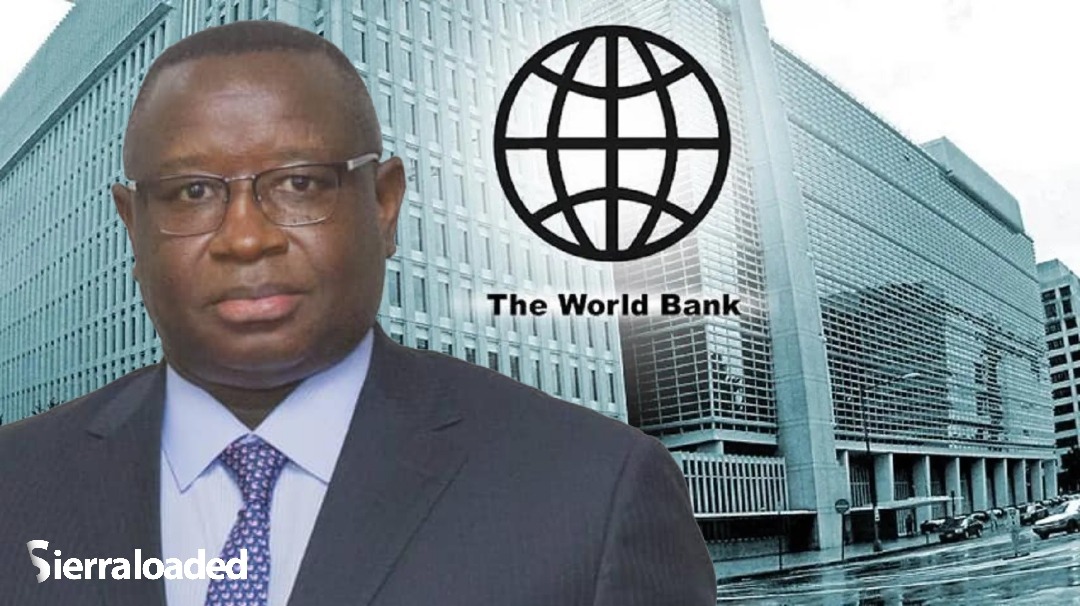The World Bank has on July 29 2022 pledged $315 million to strengthen the resilience of food systems in Sierra Leone, Ghana and Chad.
World Bank announced that additional two million people will benefit from a second phase of the West Africa regional Food Systems Resilience Program (FSRP-2) approved in International Development Association (IDA) financing.
The Development Finance Institution (DFI) said FSRP-2 would support Chad, Ghana and Sierra Leone to increase their preparedness against food insecurity and to improve the resilience of their food systems, stressing that the move is coming at a moment where it is projected that approximately 38.3 million people in West Africa are projected to be in food security crisis.
According to World Bank, across the targeted areas in the three countries, FSRP-2 would help to reduce food insecure people by 25 per cent, noting that access to hydro and agro meteorological advisory services will be extended to over 400,000 food system actors, while nearly 500,000 producers are expected to adopt climate smart agricultural technologies.
“Moreover, about 12,000 hectares of land area will benefit from integrated landscape management practices, and intra-regional traded productions in selected value chains will increase by 30 per cent.
“Multiple shocks, driven by climate change and environmental degradation, weaknesses of the food markets, conflicts and insecurity, Covid-19 implications, and the war in Ukraine have further deteriorated food insecurity and inflation across West Africa,” the Commissioner for Economic Affairs and Agriculture at the Economic Community of West African States (ECOWAS), Ms. Massandjé Toure-Litse said.
She added that, “FSRP-2 further expands cooperation across the ECOWAS region to ensure food security, now and into the future. More specifically, the new financing will help to increase the effectiveness of agriculture and food crises prevention and management and strengthen the capacities to adapt to climate variability and change, strengthen the adaptive capacity of the food system’s productive base and make it sustainable and support the regional food market’s integration by linking the beneficiary countries, consolidating their food reserve systems, and strengthening the development of strategic regional value chains.”
According to the World Bank’s Vice-President for Western and Central Africa, Ousmane Diagana, “facilitating the trade of agricultural goods and inputs within and across national borders in West Africa is a key element to address food insecurity in the region.”
For the World Bank’s Director for Regional Integration for Sub-Saharan Africa, the Middle East and Northern Africa, Boutheina Guermazi, the approval of FSRP-2 and incorporation of Chad, Ghana and Sierra Leone expands impacts not just of national activities, but of targeted spill-over effects from regional activities.
“We are eager for this innovative program to maximise its reach across West Africa,” Guermazi said.
With FSRP-2, the multi-phase FRSP programme now amounts to a total of $645 million of IDA (instead of the $570 million initially approved in November 2021).











